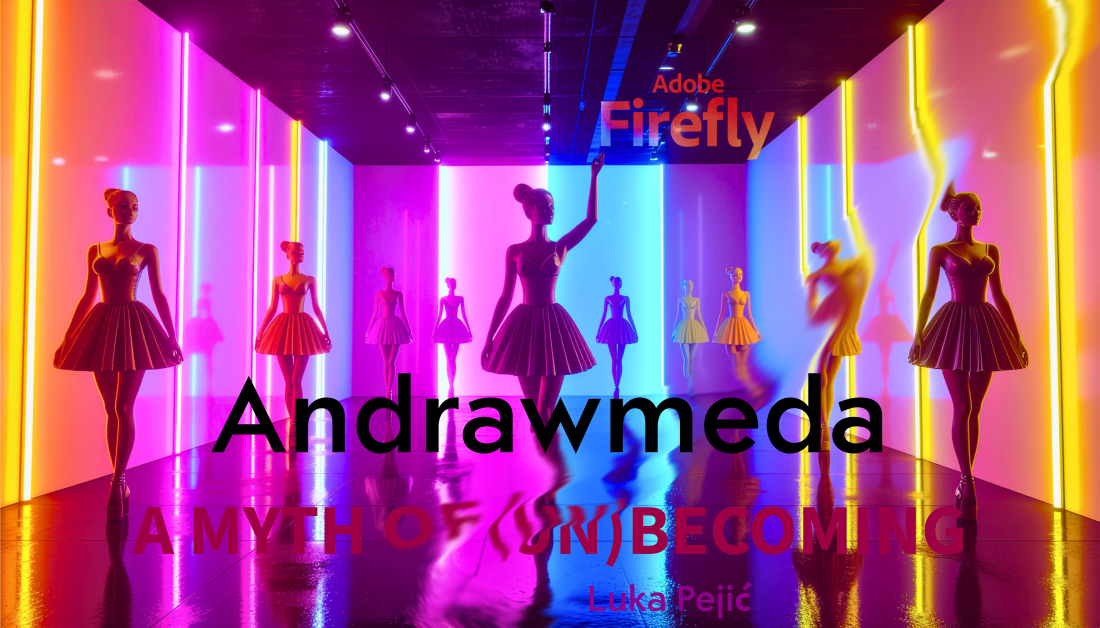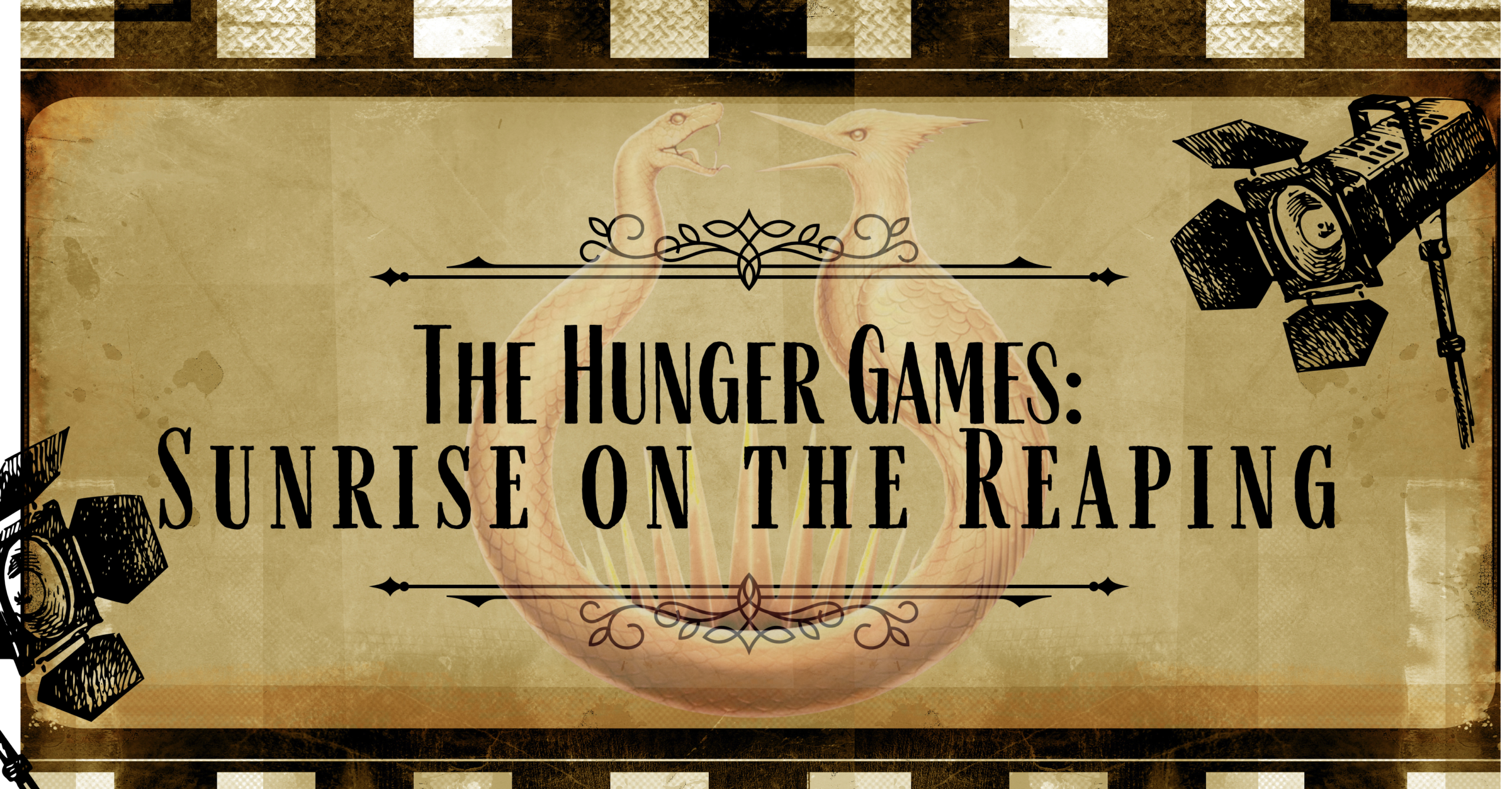A Piece in Speculative Flash Fiction

A revised text of the original story written by Luka Pejić, first published as “Tijela, friška” (Fresh Bodies) in Sirius B 47/48, a Croatian speculative fiction magazine, by Hangar 7 publishing house.
. . . . .
“My sinful confession, you’re my obsession / If God is a woman, then God is a weapon” — Falling In Reverse, God Is a Weapon
“In my mind’s eye I can still see the first night flight I made in Argentina. It was pitch-dark. Yet in the black void, I could see the lights of man shining down below on the plains, like faintly luminous earthbound stars. Each star was a beacon signaling the presence of a human mind. … There, perhaps, a man was in communication with the heavens, as he labored over his calculations of the nebula of Andromeda. And there, a pair of lovers.” — Antoine de Saint-Exupéry, A Sense of Life
The hall is filling up. A current of electricity, vicious and frantic, riots through my body, louder with every shriek. The building is a corpse pricked with a thousand needles.
Finally, it’s packed. We step onto the stage, one by one.
A plastic rose smacks me in the face the second I’m in position. A smile spreads across my lips like a plague. They’re hurling wads of cash at us like we’re deposit slots. But we are just slots.
Nº Three doesn’t even flinch when a book clocks her in the head. Kama Sutra. A line of blood trickles from her nose into the smiling mouth.
We raise our arms, a synchronised wave. The smiles: each time wider than ever.
At the sound of a violin, I begin unzipping my petite leotard dress. I bare my silicone breasts. The crowd screams. I take off more; they roar. A couple in the front row starts humping to the overture like a pair of monkeys in heat.
When the dress hits the floor, I go up on my toes.
The dance is a contract. The audience is one party; our vaginas are the other. When they begin unzipping, the deal is sealed, and signatures are everywhere. One moment I’m on my back, the next on my stomach, my side. On top of bodies, bodies over me, in the air, spread-eagled, crucified. My colleagues remain silent throughout the whole ceremony. We always hear each other’s thoughts. It’s always dead quiet.
When they’re done, they scrape up the money they were throwing moments before. The flowers stay. These don’t wilt.
A bow; return to the chamber; a silence. Each girl knows what the next one is thinking: nothing. They know—their bodies know—that they were designed for this. That this would be the meaning of their lives.
If they were alive, of course.
I go to my freezer. I detach my smile and store it; I’ll need it again tomorrow.
Tomorrow.
The word ripples through me. How many more of them are left?
I wash myself again. The skin is artificial, but at least it’s mine.
Vocal cords are a weapon. That’s why we don’t have them.
The girls have settled into their freezers. Same dance tomorrow…
Once upon a time, I had a jaw. I remember them taking our teeth because we kept biting ourselves by accident. A constant sting, cutting and bleeding, all so visceral and raw—
Me?
The building next door is twenty stories high. I may not have vocal cords, I think to myself, but my god was stupid enough to leave the teeth within reach.
I’m musing over how long it’s been since I’ve tasted blood.
A freezer shudders close behind.
- Speculative Flash Fiction Context: The story is a revised version by Luka Pejić, originally published in Sirius B, exploring themes of dystopia and speculative fiction.
- The Atmosphere and Setting: The narrative depicts a crowded, electrified stage with a tense, frenzied atmosphere, suggesting a performance or ritual with dark undertones.
- Performance and Its Symbolism: The performers engage in a provocative dance that acts as a contractual exchange with the audience, symbolizing exploitation and commodification of bodies.
- Themes of Artificiality and Control: The characters’ bodies are artificial, stored in freezers, illustrating themes of loss of autonomy and the dehumanizing effects of a dystopian society.
- Overall Implication and Reflection: The story reflects on the loss of natural human attributes like vocal cords and teeth, hinting at the consequences of a society that commodifies and suppresses human nature.




Leave a Reply